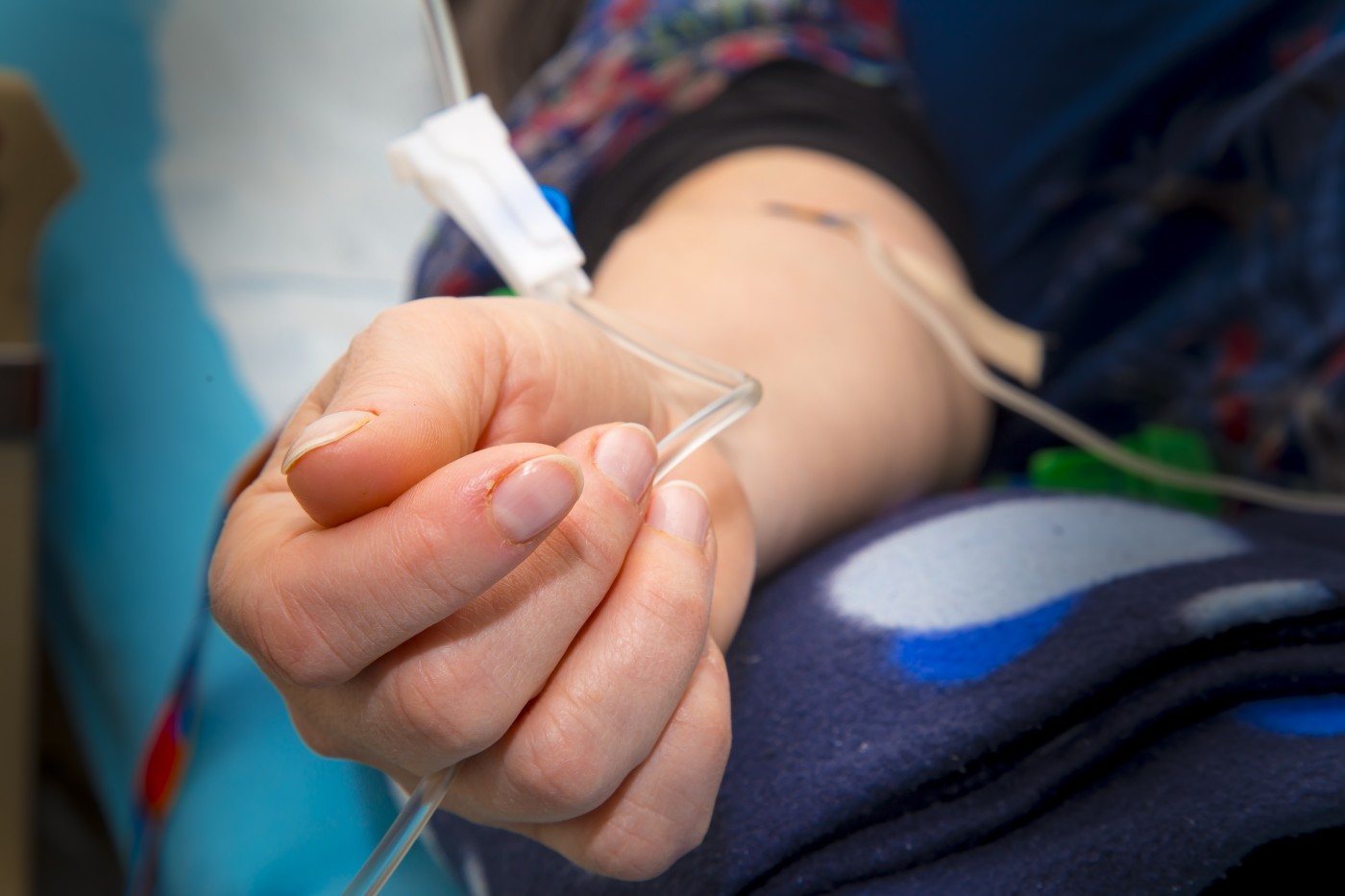Porcine Recombinant Factor VIII Valid for Certain Hemophilia A, Review Suggests

In hemophilia A, the most significant therapeutic complication is the development of antibodies against factor VIII (FVIII) that inhibit its coagulant activity and make the therapy ineffective. The plasma-derived porcine FVIII product represents a therapy with low levels of autoantibodies and successful management of bleeding when compared to human plasma-derived products.
In a recent review, researchers described the main characteristics of recombinant porcine FVIII and summarized the published results of clinical studies for the novel recombinant FVIII. The authors also describe how the product is expected to improve the clinical management of patients.
The review paper, “Porcine recombinant factor VIII: an additional weapon to handle anti-factor VIII antibodies,” was recently published in the journal Blood Transfusion.
The authors analyzed already published literature on porcine recombinant FVIII for treatment of hemophilia patients with inhibitors, focusing on the more recently developed product Obizur (OBI-1, Baxalta). In some pre-clinical studies, Obizur was compared with Hyate:C, a porcine recombinant FVIII product discontinued in 2004 because of safety concerns. Several studies in animals showed that OBI-1 has a favorable pharmacokinetic profile, higher effectiveness in reducing blood loss, and improved safety.
Regarding clinical studies in acquired hemophilia A, the efficacy and safety of OBI-1 was recently assessed in a phase 2-3 study with patients with severe bleeding episodes. All 28 subjects enrolled met the primary end point of a positive clinical response to treatment 24 hours after the first drug dose and 95% of them responded within 8 hours of administration with no reported serious adverse events. The successful control of bleeding with OBI-1 in acquired hemophilia A was also reported in two independent cases of acquired hemophilia A.
All of the positive results led to the approval of Obizur by the U.S. Food and Drug Administration (FDA) for the treatment of bleeding episodes in patients with acquired hemophilia A. The efficacy and safety of Obizur was also assessed for congenital hemophilia A complicated by alloantibodies. In a phase 1 clinical trial, the pharmacokinetic profile and safety of OBI-1 was compared with Hyate:C in 9 hemophilia A patients with FVIII inhibitors. The study had to be prematurely stopped when Hyate:C became unavailable. Another trial, a phase 2 study, was conducted in patient with this indication and OBI-1 proved to be effective in treating the bleeding episodes with no drug-related episodes.
The researchers concluded: “From our analysis of the published pre-clinical and clinical studies, it appears that recombinant, B-domain deleted, porcine FVIII is a potentially important therapeutic option for patients with haemophilia A complicated by or caused by allo- and auto-antibodies.”






